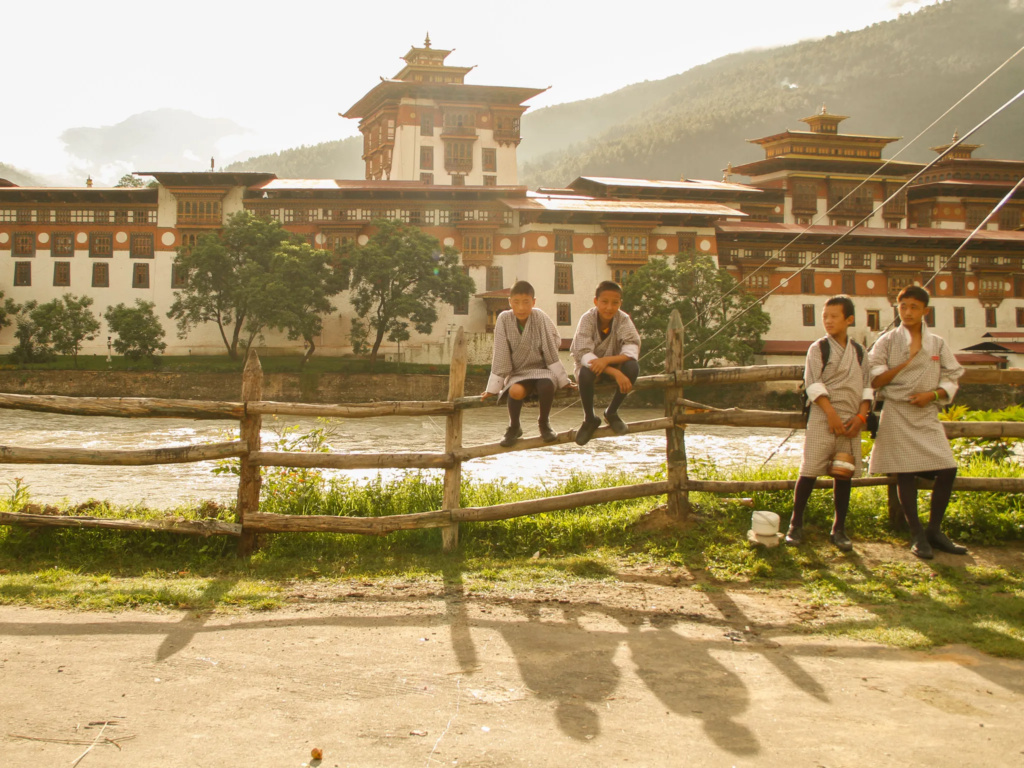Bhutan, the small Himalayan kingdom known for its stunning landscapes and unique cultural identity, has a distinctive sport that holds a special place in the hearts of its people – Teer. Teer, a traditional archery game, is not merely a sport in Bhutan; it’s a cultural phenomenon that has deep historical roots and continues to play a significant role in the daily lives of Bhutanese communities.

History and Origins:
Teer has been an integral part of Bhutanese culture for centuries, with its origins dating back to medieval times. The game is believed to have been introduced during the reign of the legendary King Langdarma in the 9th century. Initially a form of military training, archery gradually evolved into a recreational activity and an essential component of Bhutanese festivities.
The Game and Its Rules:
Teer is played with bamboo bows and arrows, and the target is a small wooden frame with a set of concentric circles. The archers, usually divided into two teams, take turns shooting arrows at the target set at a considerable distance. The scoring system is unique, with points awarded based on the number of arrows hitting the target and their placement within the circles.

One of the fascinating aspects of Teer is the presence of a mystical figure known as the “Judoka,” who chants traditional verses and performs rituals to bless the participants and the field. The Judoka is believed to invoke positive energy and ensure a fair and spirited competition.
Cultural Significance:
Teer goes beyond being a simple sport in Bhutan; it’s a reflection of the country’s cultural values and traditions. Archery tournaments are not just about showcasing physical prowess but also about fostering camaraderie, celebrating community, and reinforcing the spiritual connection between participants and the environment.
Throughout the year, Bhutan hosts numerous archery competitions, ranging from local village matches to larger national events. These tournaments are not only occasions for skillful displays of marksmanship but also opportunities for communities to come together, share stories, and revel in the joy of friendly competition.
Teer and Gross National Happiness:
In Bhutan, the concept of Gross National Happiness (GNH) is prioritized over Gross Domestic Product (GDP). Teer aligns perfectly with the principles of GNH, contributing to the overall well-being and happiness of the Bhutanese people. The sport promotes physical fitness, social harmony, and a connection to nature, all of which are integral to Bhutan’s holistic approach to happiness.

Teer tournaments often feature colorful traditional attire, lively music, and spirited dances. The festive atmosphere surrounding these events encapsulates the essence of Bhutanese joy and contentment, making Teer an embodiment of the nation’s commitment to the pursuit of happiness.
Challenges and Evolution:
While Teer remains deeply rooted in tradition, it has also adapted to the changing times. Modernization has introduced technological advancements, such as carbon-fiber arrows and compound bows, alongside the traditional bamboo equipment. Additionally, the sport has gained popularity among the younger generation, ensuring its continuity and relevance in Bhutanese society.

However, with the influx of new influences, there are concerns about preserving the authenticity of Teer. Efforts are underway to strike a balance between embracing innovations and safeguarding the cultural integrity of the sport. Bhutanese authorities are keen on ensuring that Teer remains a dynamic yet culturally significant activity that continues to resonate with both the old and the young.
In conclusion, Bhutan’s Teer is not just an archery game; it is a living testament to the rich cultural tapestry of the Himalayan kingdom. It embodies the spirit of community, tradition, and happiness that defines Bhutanese society. As the nation continues to navigate the delicate balance between tradition and modernity, Teer stands as a symbol of Bhutan’s commitment to preserving its unique identity while embracing the positive aspects of change.
Bhutan Teer Result Today 29.10.2022 Live Result https://t.co/SXU1WGCfRH
— Shillong Teer result (@TeerresultTeer) October 29, 2022
